Including Tesco, Walmart, and adidas: RTIH rolls out the biggest retail technology news stories of the week
It’s Friday, the weekend is almost upon us, so let’s kick back and reflect on another eventful week for the retail systems space. Here's your briefing on the most important stories from the past five days, including EE, The Estée Lauder Companies, Microsoft, EDEKA Jaeger, and Diebold Nixdorf.
1. The Estée Lauder Companies and Microsoft look to reimagine the beauty industry with generative AI tools
The Estée Lauder Companies and Microsoft Corp. have announced the creation of an AI Innovation Lab as an expansion of their global strategic relationship.
Leveraging generative AI capabilities in Microsoft’s Azure OpenAI Service, the companies will work together to develop solutions for ELC’s more than 20 prestige beauty brands with the aim of creating closer consumer connections and increasing speed to market with local relevancy.
The pair have created an internal facing generative AI chatbot to enhance marketing effectiveness globally.
The tool utilises advanced conversational AI technology to navigate and further leverage ELC’s proprietary and database of product and claim data, allowing brands to launch locally relevant campaigns more rapidly.
ELC and Microsoft are applying generative AI tools in research and development for quicker product development, allowing scientists and product development specialists to respond to emerging product and ingredient trends more rapidly.
2. Walmart becomes first brand in Roblox to enable physical purchases as it goes live with groundbreaking pilot
Walmart is now able to sell physical goods directly to users inside Roblox.
From this week, Walmart Discovered users will be able to have real-life items shipped directly to their doorsteps.
They will be greeted with a new storefront showcasing virtual twins of select items sold at physical Walmart stores. The feature will be gated specifically to users aged 13 or older in the United States only.
“There is a traditional sort of checkout flow where you put your name, your address and your credit card information, and that’s all powered by a Walmart API that handles all of the information super securely - it’s very safe,” Walmart Director of Brand Experiences and Strategic Partnerships Justin Breton, told Digiday.
“And once you hit checkout, you’ll get your confirmation email from Walmart. All of that is handled by us on the back end, the user will then get their item in the mail, but the virtual twin is granted immediately back on Roblox.”
A pilot will run through the month of May, during which time Roblox will not receive a cut of item sales, with all revenues going directly to Walmart. The short-term aim here is to gauge users’ willingness to purchase physical goods on the platform.
“We are excited to start testing real-world commerce as a key step towards enabling it in the future for our community of creators and brands,” said Roblox VP of Economy Enrico D’Angelo.
“Shopping for virtual items is already an important element of how people engage and express themselves on Roblox daily, so our goal is to gather feedback, test the technology and learn what resonates with Gen Z customers the most when it comes to shopping for physical items.”
3. Tesco taps Eagle Eye AI and machine learning technology to help grocery giant personalise Clubcard promotions
Eagle Eye has secured a one-year contract, with the option to renew for a further year, with Tesco for its AI powered Personalised Challenges solution.
This is a digital platform which allows retailers to personalise promotions, providing customised challenges designed to reward incremental behaviour.
In-built AI and deep machine learning facilitate hyper personalisation through its analytics capability, providing consumers with promotions more suited to them.
Following a trial, Tesco will roll-out Personalised Challenges to more Clubcard members in the coming months, under the name Clubcard Challenges. The solution will power personalised and gamified offers and promotions to each individual Clubcard member.
AI technology will give each customer a personalised challenge, which when completed, rewards people with extra Clubcard points. Customers can complete up to ten challenges, with a total of £50 worth of Clubcard points up for grabs during a six-week campaign, starting on 20th May.
4. Forever 21 onboard as Shein becomes one of the first brands to adopt Happy Returns cross-brand BORIS solution
UPS’ Happy Returns is powering Shein returns at Forever 21 stores in the US.
The company has introduced what is pitched as a first of its kind BORIS solution that enables enterprise retailers to accept box free, label free returns and exchanges across their full store network.
The system includes several software and reverse logistics components.
It can work with any returns portal, be it from Happy Returns or the retailer itself, to generate QR codes for shopper returns. Happy Returns also provides software that allows a store to receive and verify cross-brand returns.
Once a return is dropped off, Happy Returns can provide reverse logistics options to move inventory to its desired location.
5. “Eye opening” Retail Technology Show 2024 pulls in over 12,500 visitors to two day event at London Olympia
Retail Technology Show 2024, which took place at London Olympia last week, welcomed over 12,500 retail professionals to its two-day event, an increase of attendee numbers by +28% year-on-year.
Described by Charles Tyrwhitt’s Nick Wheeler as “eye opening”, the event delivered its biggest innovation showcase to date, with 400+ technology providers and innovators exhibiting across two exhibition halls.
Nourished’s CEO, Melissa Snover, pointed to the sheer breadth and depth of the technologies being showcased this year, commenting: “there’s a huge amount of different people from all elements of retail, and some incredible technologies coming out.”
The RTS 2024 Innovation Awards saw AI powered workforce solution, Orquest, crowned as the winner at the BIG Retail Party on day one.
With a record numbers of award entries, Orquest beat off stiff competition from a shortlist of ten other standout tech solutions, including Pricer, ProGlove and Shopopop.
The conference programme included Charles Tyrwhitt’s Wheeler, Not On The High Street’s Holly Tucker, and former chairman of Asos and CEO of MATCHESFASHION, Nick Beighton.
They joined 120+ other retail leaders and luminaries, including speakers from Primark, Boots, Morrisons, Harrods, adidas and Nobody’s Child, who discussed retail’s hottest topics – from supply chain to sustainability, to leadership and loyalty and from AI to digital marketing and data.
6. Retail Technology Show 2024: adidas talks loss prevention measures vs rising tide of theft
The rising tide of retail crime due to cost-of-living pressures and criminal gangs stealing to order was discussed by Corin Dennison, Director of Global Profit Protection and Risk, adidas, at Retail Technology Show (RTS) 2024 in London last week, alongside potential loss prevention measures.
“What is a tolerable inventory shrinkage rate?” asked Dennison in the Theatre B conference stream on 25th April, referring to the retail trade’s name for breakages and internal/external theft.
“Is it a 1% or 5% shrink? The answer really depends on the appetite at each individual firm.”
“We’re retailers that just want to sell stuff easily without friction, and with good customer experiences (CX). Each company must decide on how best to balance this with the security and loss prevention need.”
You don’t want to turn your shop into Fort Knox or too closely video customers against in-store face recognition software to such an extent that it damages CX, and ultimately sales.
Self-checkout may also make enforcement harder.
7. EE teams with ex-England Rugby player Ugo Monye to open new Bristol Experience store in Cabot Circus
EE this week unveiled its first Experience store in the South West of England in Bristol’s Cabot Circus, with ex-England rugby player, pundit and presenter, Ugo Monye making an exclusive appearance.
The store is designed to introduce shoppers to the latest in connected technology, providing them with face-to-face advice and guidance on a range of different connectivity and technology solutions for their everyday life.
The aim is to help customers visualise their connected lives across four key areas – work, home, learn and game – through designated Experience Zones and a Tech Home area. The store design invites shoppers in Bristol to get hands-on with the latest connected technology in an engaging and immersive space.
8. EDEKA Jaeger teams with Diebold Nixdorf on AI powered age verification at self-service checkouts
EDEKA Jaeger, part of the EDEKA Group, is now offering customers in the 24/7 store at Stuttgart Airport the opportunity to authorise the purchase of age restricted goods like alcoholic beverages at self-service checkouts using automatic age recognition.
The AI-based solution Vynamic Smart Vision I Age Verification from Diebold Nixdorf complements the previously required approval by store attendants.
This speeds up transactions at the self-service checkouts and gives employees more time for customer service and other responsibilities.
On average, age verification checks are needed in approximately 22% of all transactions in retail stores.
This has a significantly negative impact on throughput times and consumer flow in the self-service area, leading to longer waiting times. Vynamic Smart Vision | Age Verification enables customers to prove their age in less than ten seconds without any staff interventions.

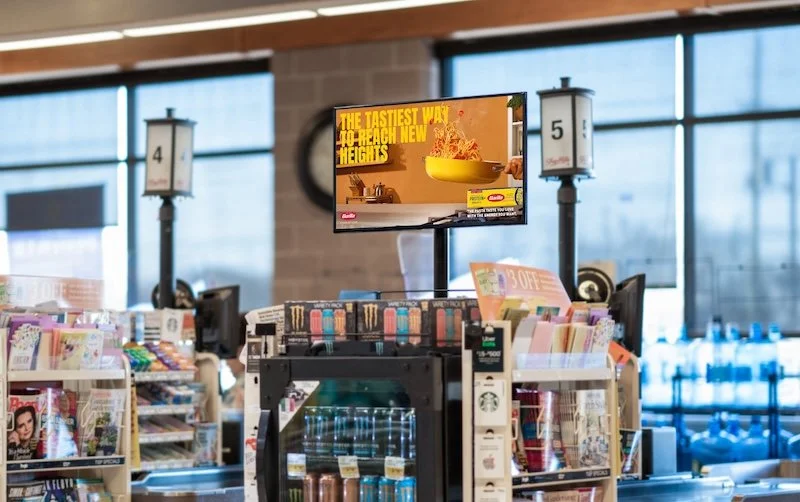
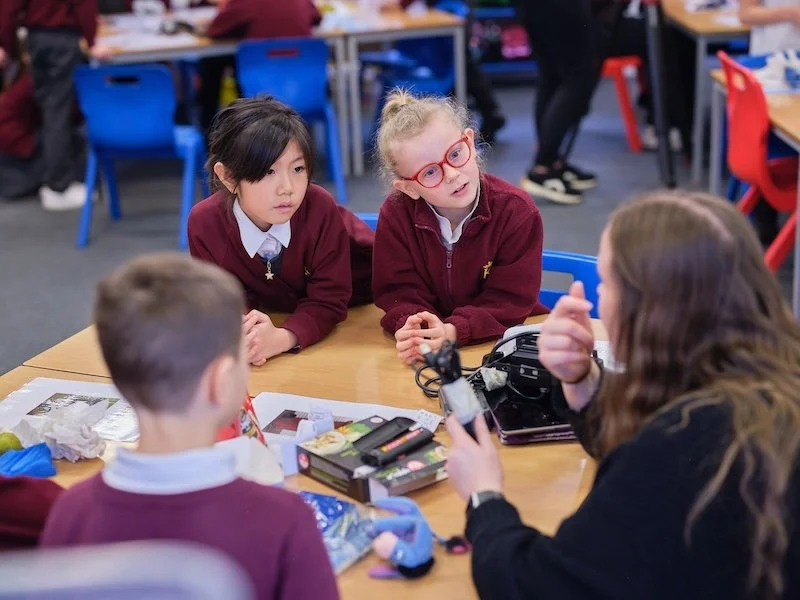


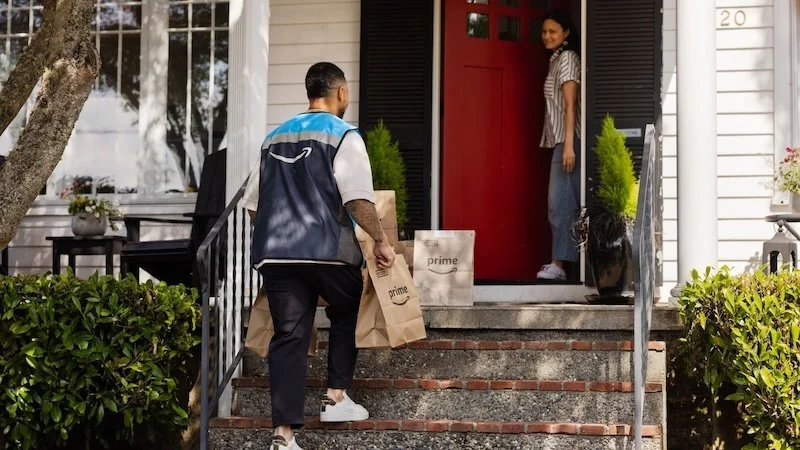

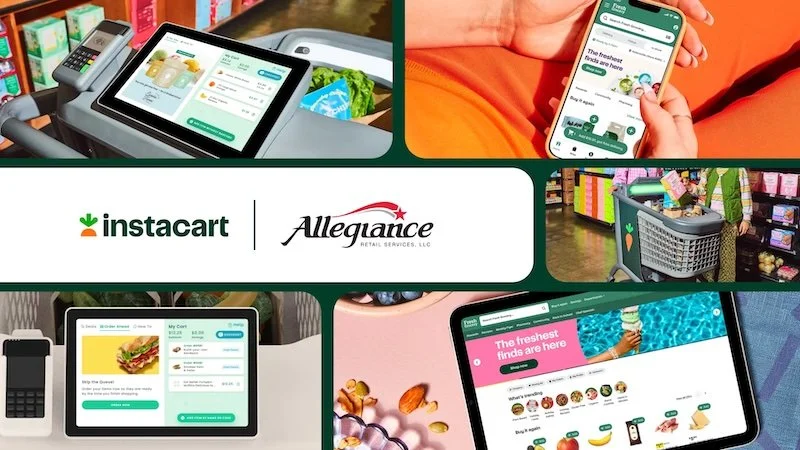
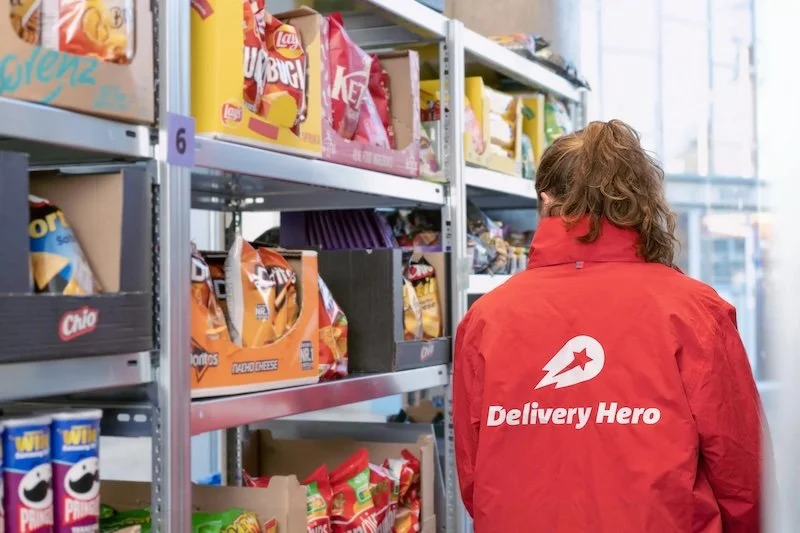

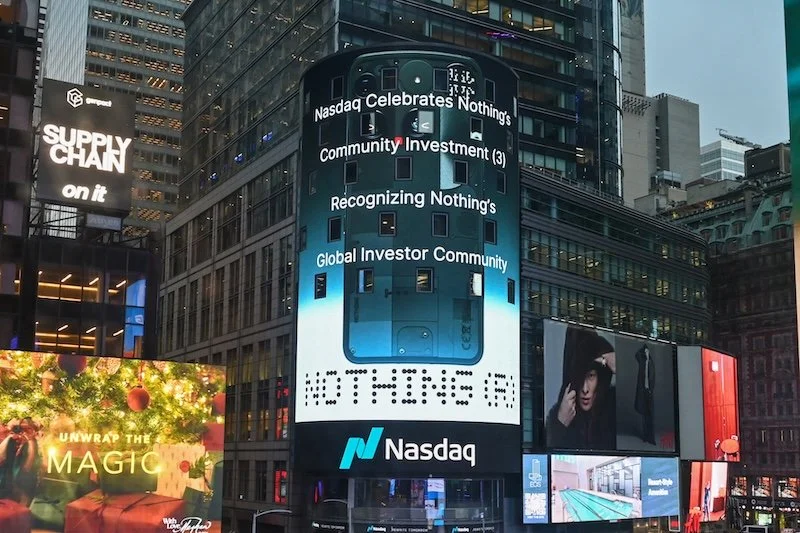

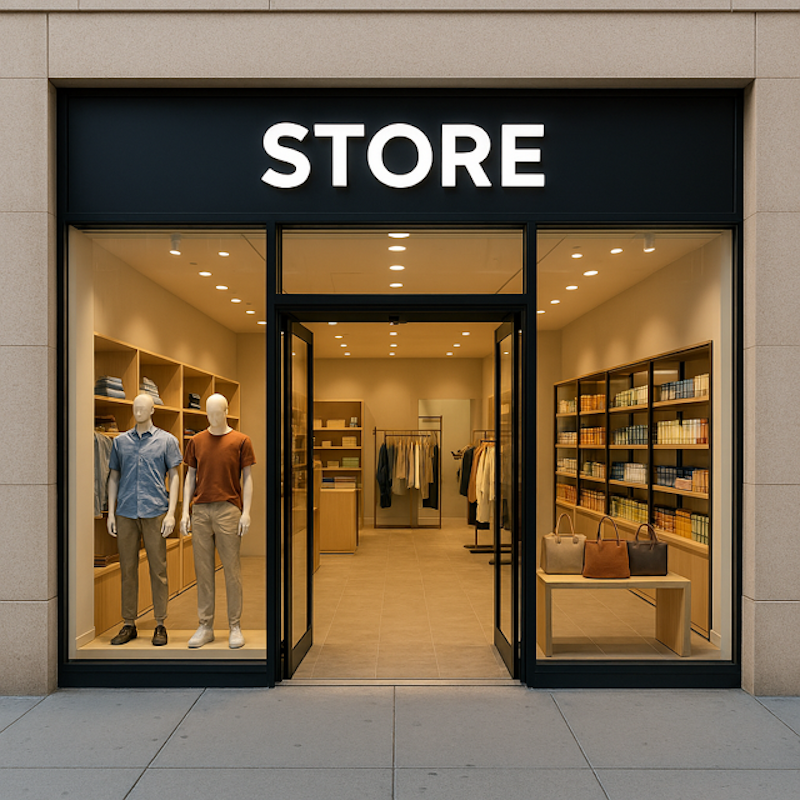

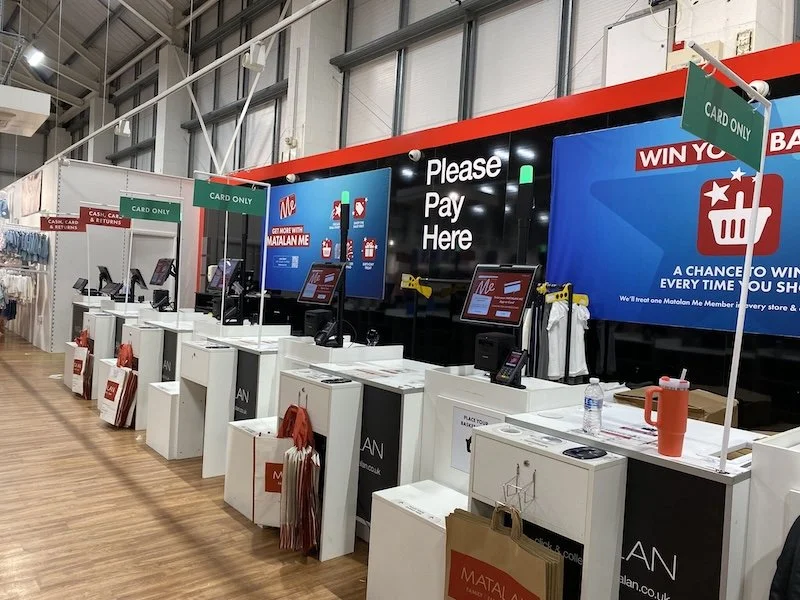
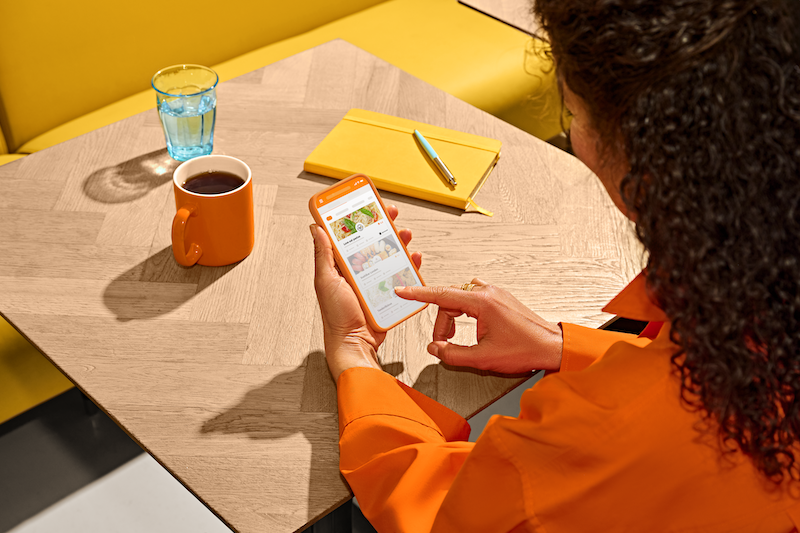
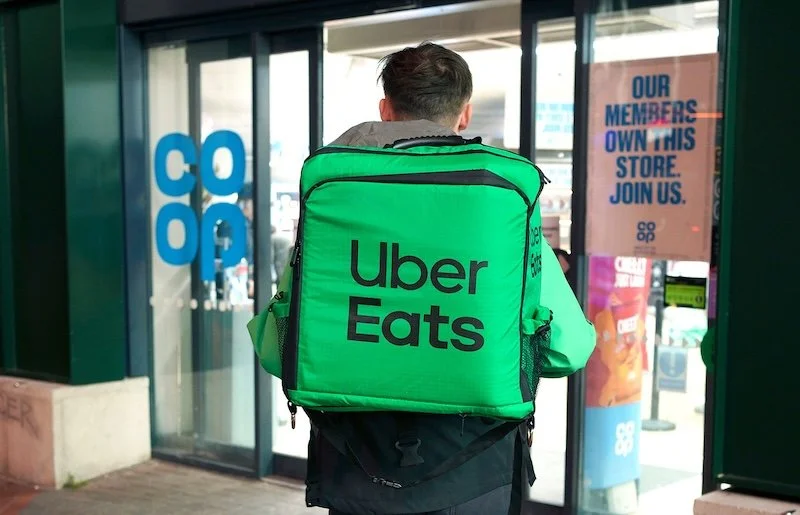
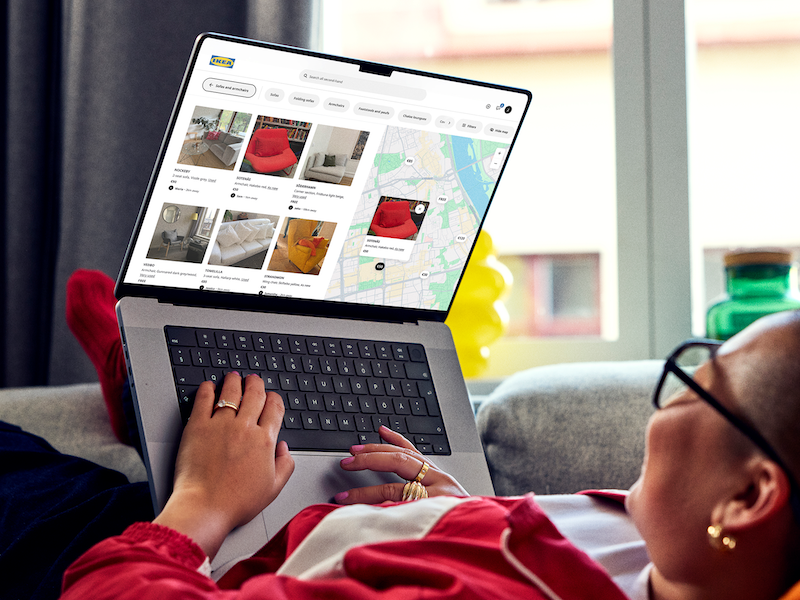

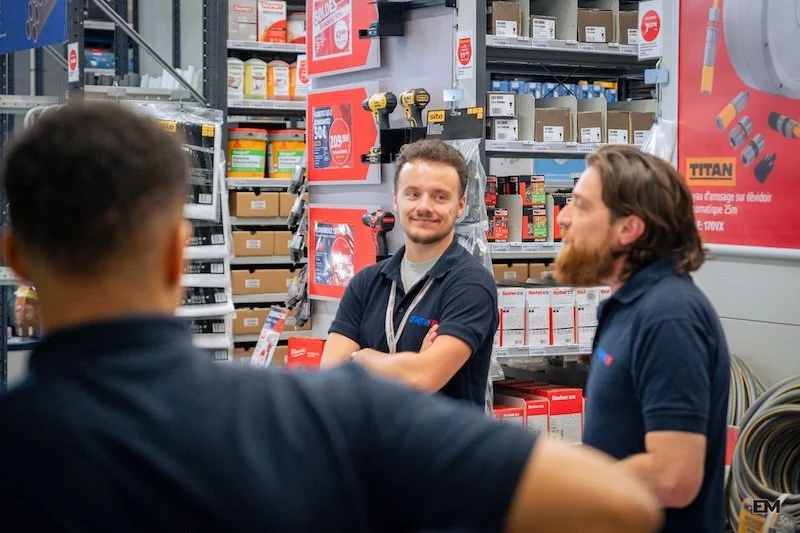
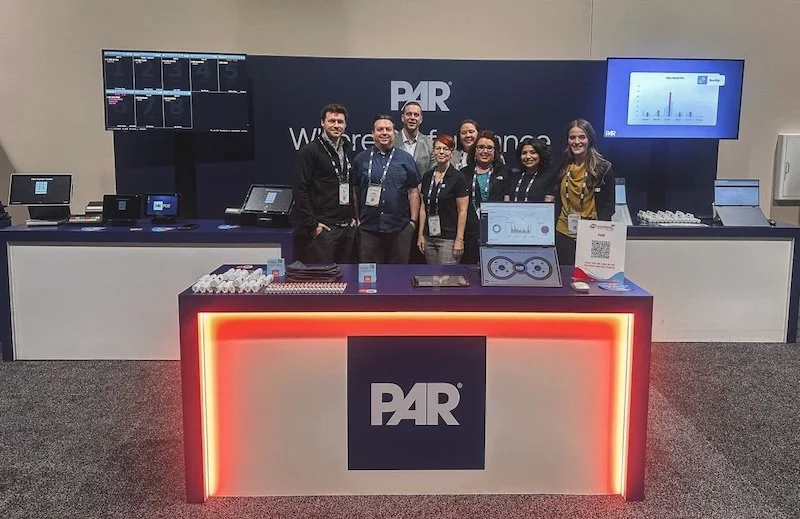
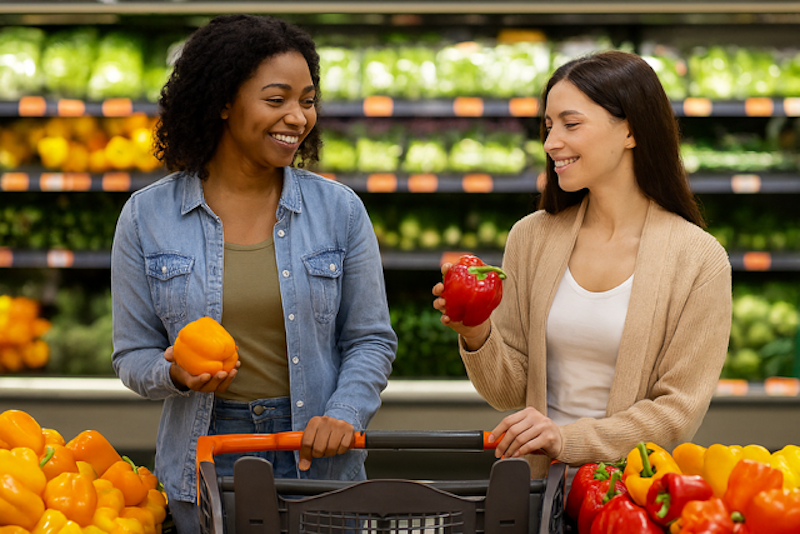


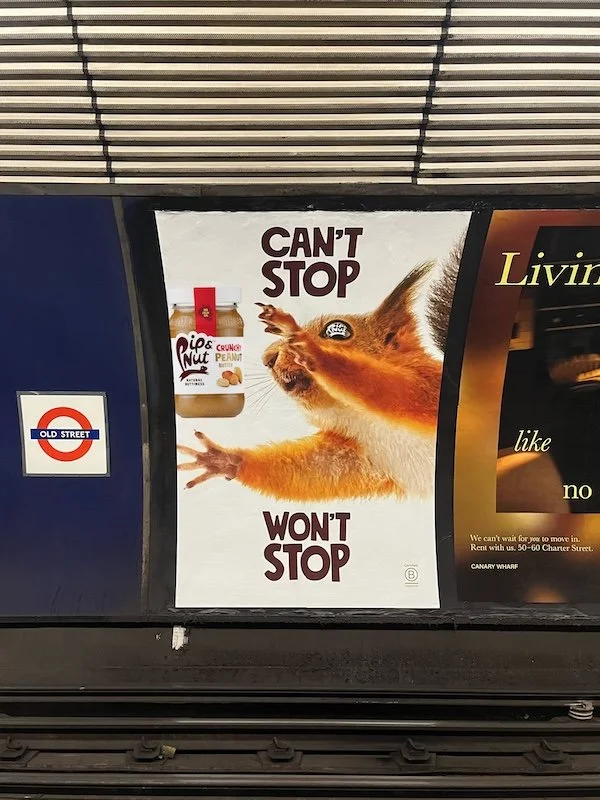
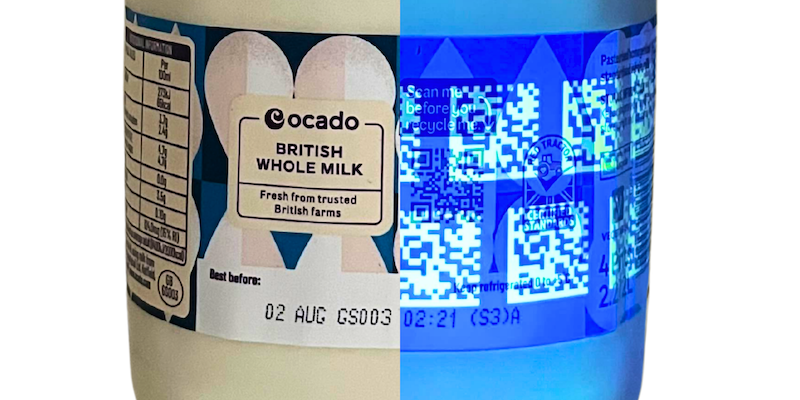
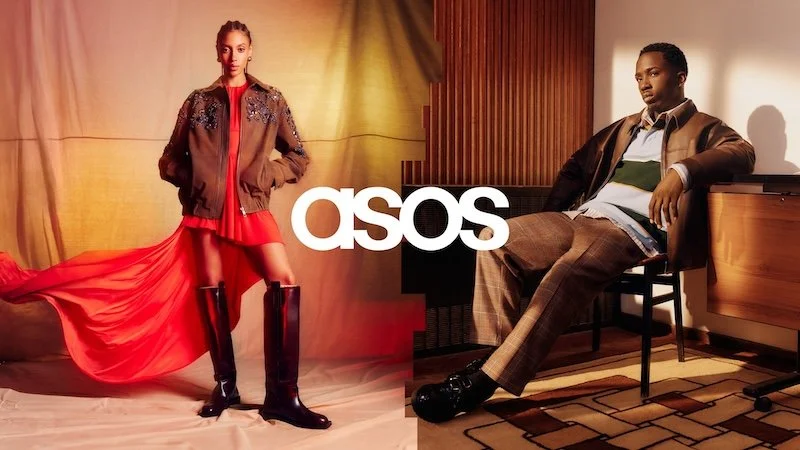

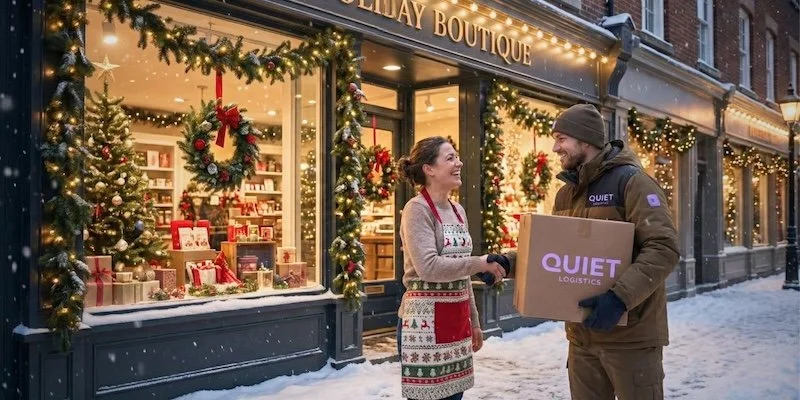
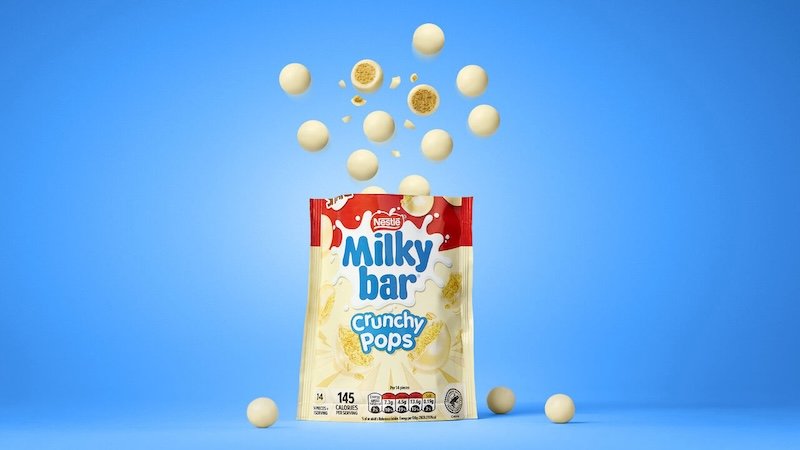
Continue reading…